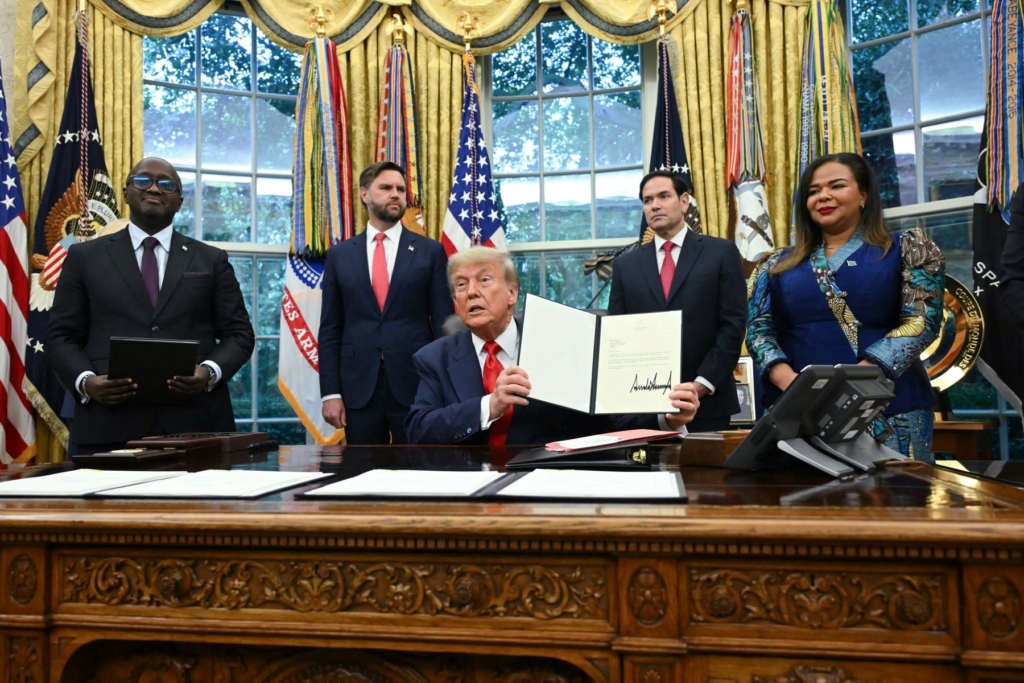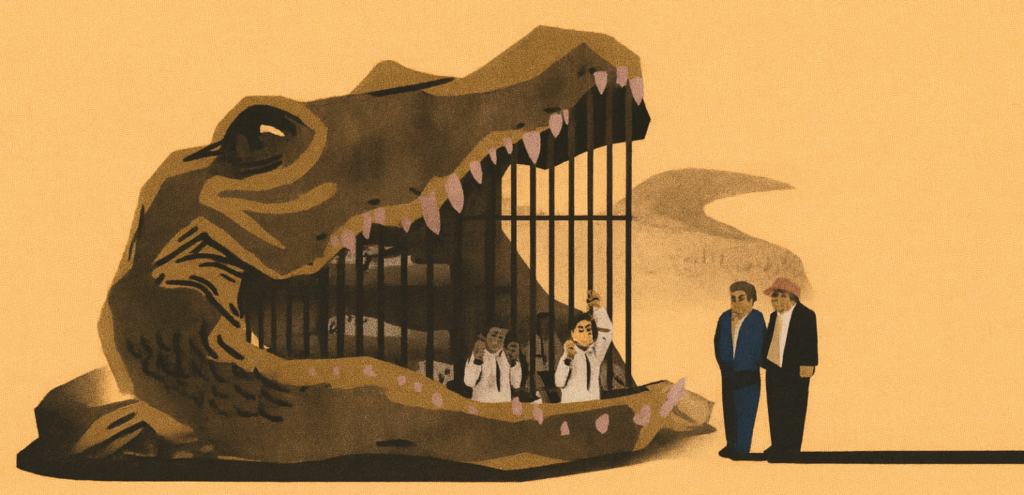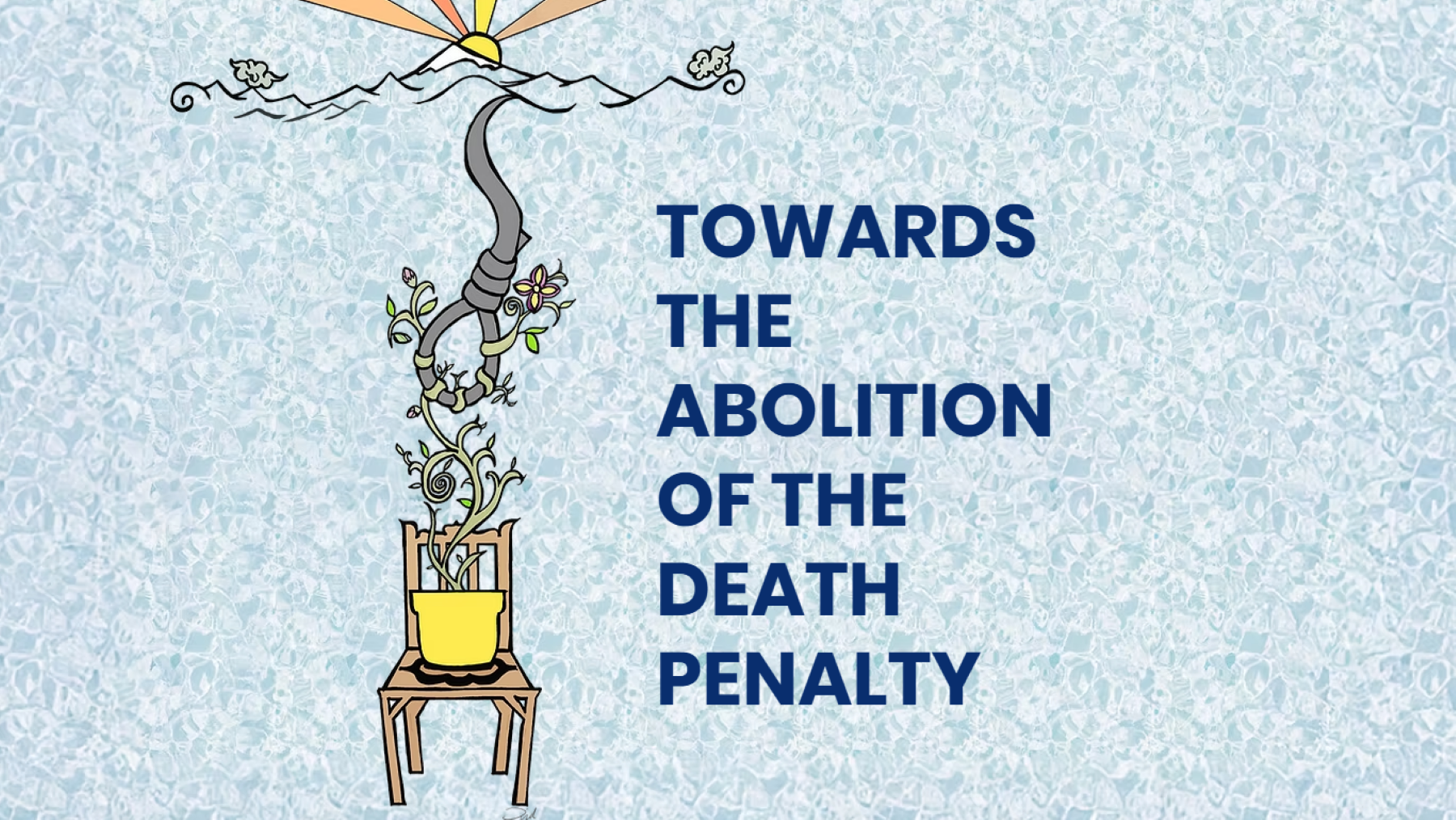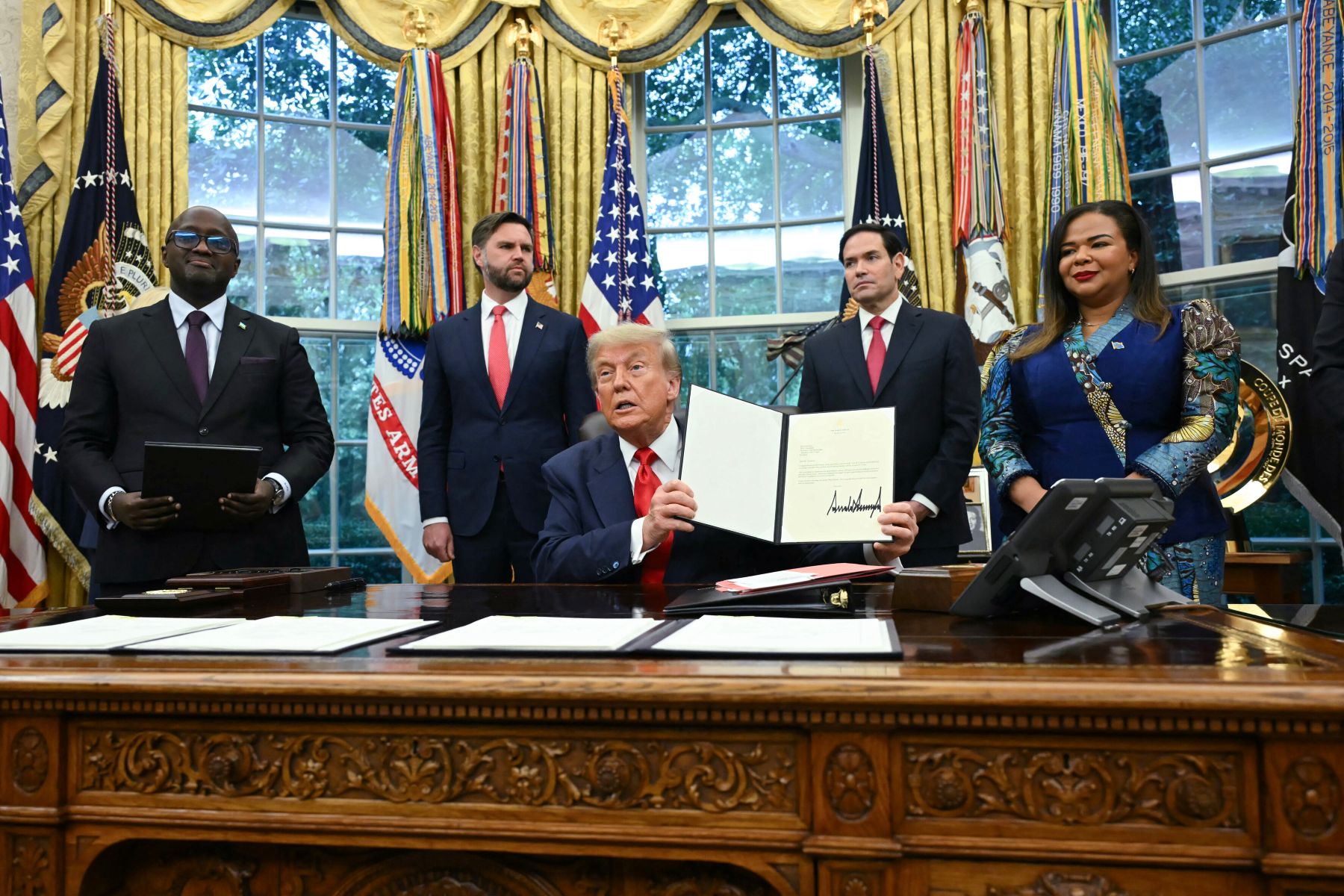Amnesty International Canada is reviewing the Supreme Court of Canada’s July 24 decision in a constitutional challenge to aspects of Canada’s restrictive sex work laws.
As an intervenor in R. v Kloubakov, Amnesty International Canada argued that Canada’s rules on sex work must comply with its international human rights obligations. This includes respecting and protecting sex workers’ rights to health, safe working conditions, and freedom from discrimination.
The organization underscored that current federal laws increase risks and harms by limiting sex workers’ ability to ensure informed consent, access health and social services, and take measures to protect their safety.
In its submission to the court, Amnesty International Canada defined sex work as the exchange of sexual services between consenting adults, regardless of gender, for money or goods.
Although the Supreme Court of Canada did not strike down the restrictions, it left the door open for a different constitutional challenge, led by sex workers and grounded in their lived experiences, to achieve a different result. That challenge is now before the Court of Appeal for Ontario.
“Sex workers have a right to work safely,” said Ketty Nivyabandi, Secretary General of Amnesty International Canada’s English-speaking section. “To criminalize and stigmatize sex work is not the solution. Canada must adopt a feminist, human rights-based approach that protects sex workers and enables them to access a wide range of supports to ensure their safety.”
She added: “Amnesty International will continue to work for the decriminalization of sex work and associated activities and for the full recognition of sex workers’ rights, their agency, and their inherent dignity – both in Canada and on the world stage.”
Nivyabandi said Amnesty International Canada’s intervention at the Supreme Court would not have been possible without the organization’s pro bono lawyers in the case, Danielle Bisnar and Clémence Thabet, of the Toronto firm Cavalluzzo LLP.
“Danielle and Clémence brought not only legal excellence but also deep integrity and care to Amnesty’s intervention,” Nivyabandi said. “We are profoundly grateful for their efforts to infuse an international human rights lens into the court case – and ultimately, to affirm the rights of people engaged in sex work in Canada.”























